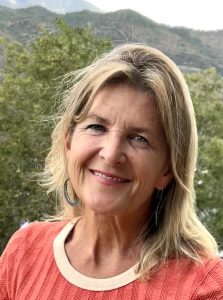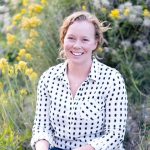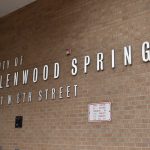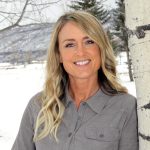Q&A with Roaring Fork School District school board District E candidate Elizabeth Cockrill Taylor
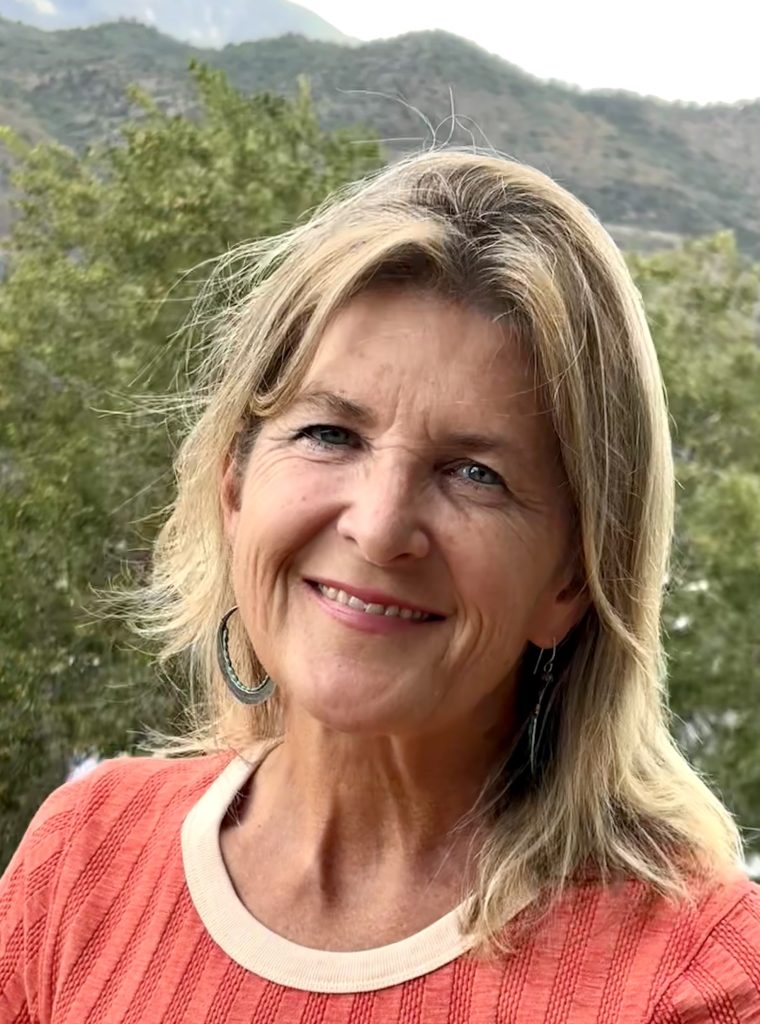
Courtesy/Elizabeth Cockrill Taylor
Editor’s note: This is the second installment of a Q&A series with Roaring Fork School Distict board candidates. Responses from District A candidates Jodi Barr and Tamara Nimmo appeared in the Oct. 3 edition of the Post Independent.
Elizabeth Cockrill Taylor is one of two candidates seeking election to the District E seat on the Roaring Fork School District board. She is challenging incumbent Kathryn Kuhlenberg in the November election.
District E includes much of Missouri Heights and extends north of Colorado Highway 82. An interactive map of district boundaries is available at rfschools.com.
Q: What made you run for the school board?
A: I decided to run for three major reasons. First, I believe we all want to see our children succeed academically as well as socially and emotionally. Our achievement scores, for years, are well below the state’s average. Second, I want to see our teachers supported, allowing them to concentrate on the basics while simplifying lesson plans and eliminating anything that impedes their teaching abilities. Our teachers are on the front lines; we must listen to their input while empowering them to teach our children effectively. Third, I want to see parents more involved in their children’s outcomes. We must gain the trust of every parent, and the way we do that is by being transparent, encouraging parents to be involved, and then listening when they do become involved. Involved parents will also help with the social and emotional aspect of our children’s lives.
Q: Tell us about your background and why you think you are a good fit for the school board. What is something you want the community to know about you?
A: I have raised four children in the Roaring Fork Valley, with the last attending Roaring Fork High School. This is when I began really paying attention — attending school board meetings and work sessions, coffee gatherings with the former superintendent, Wellness Committee meetings, and Family Advisory Council meetings. I was elected to the District Accountability Committee in spring 2025. As an engaged parent and community member, I will make it my goal to make sure other parents and community members feel genuinely heard, keep them apprised of any and all decisions being made about policy and curriculum, and give them a voice in the process.
Q: If elected, what is something you are most focused on to help improve the school district?
A: My platform focuses on raising the bar for academics, empowering parents, and requiring transparency. I believe in putting students and parents first. According to Chalkbeat.org, an organization that reports on education across America, the English/language arts score for the Roaring Fork School District was 37.3%, below the state average of 44.8%. Mathematics scored 28.0%. The board must work with parents and teachers to help create a plan that works for our students — all students — regardless of their ethnicity or race. We must teach them according to their skill, ability, and aptitude, making academic achievement a priority. All parents of all ethnicities and backgrounds must feel they can trust the school board. We do that by staying transparent and accountable. We build trust by building communication between RFSD and parents.
Q: What do you think is the biggest problem RFSD is currently facing?
A: Low proficiency scores, getting RFSD back into steady financial territory, and transparency of policies and classroom curriculum are three big concerns of mine.
Q: Do you support the passage of ballot measure 7A, which would implement a quarter-cent sales tax to help increase access to early childcare in the Roaring Fork and Colorado River valleys?
A: I am leaning against ballot measure 7A. As it stands now, this 0.25% tax would apply to a special district, which would circumvent TABOR, so any funds above what is currently projected to be raised would not go back to taxpayers. And there is no sunset clause for this tax, so it would exist in perpetuity unless the voters decide to eliminate it. There are several more questions I have about this tax. How will the sliding scale be determined? Where will the providers fill their positions when RFSD already has challenges retaining teachers? Why do the funds go directly to the providers and not to parents, letting them choose whether they would rather go back to work or stay at home with their children? This would be a tax on everyone, but only some will receive the benefit.
Q: RFSD has faced a significant achievement gap between native English speakers and second-language learners for years. How do you plan to emphasize new strategies to narrow the achievement gap?
A: I do acknowledge that there is an achievement gap between Latino and white students, as is defined by RFSD’s data dashboard. I believe some of the issues could be addressed by emphasizing mastering the English language and encouraging parents to read to their children at home. I also intend to emphasize my platform for all students. Some students may have a disability such as dyslexia, which requires early testing. Other students may come from low-income homes and require oral and verbal reinforcement to boost vocabulary. I believe if we begin to teach children according to their skill and ability and not according to their ethnicity or race, they will learn without disparity. We all learn at different levels and speeds, with varying aptitudes. I believe in our children, our teachers, and our parents. Together we can make our children better prepared academically while striving to make sure they are also socially and emotionally grounded, leading them to a successful future.

Support Local Journalism

Support Local Journalism
Readers around Glenwood Springs and Garfield County make the Post Independent’s work possible. Your financial contribution supports our efforts to deliver quality, locally relevant journalism.
Now more than ever, your support is critical to help us keep our community informed about the evolving coronavirus pandemic and the impact it is having locally. Every contribution, however large or small, will make a difference.
Each donation will be used exclusively for the development and creation of increased news coverage.

